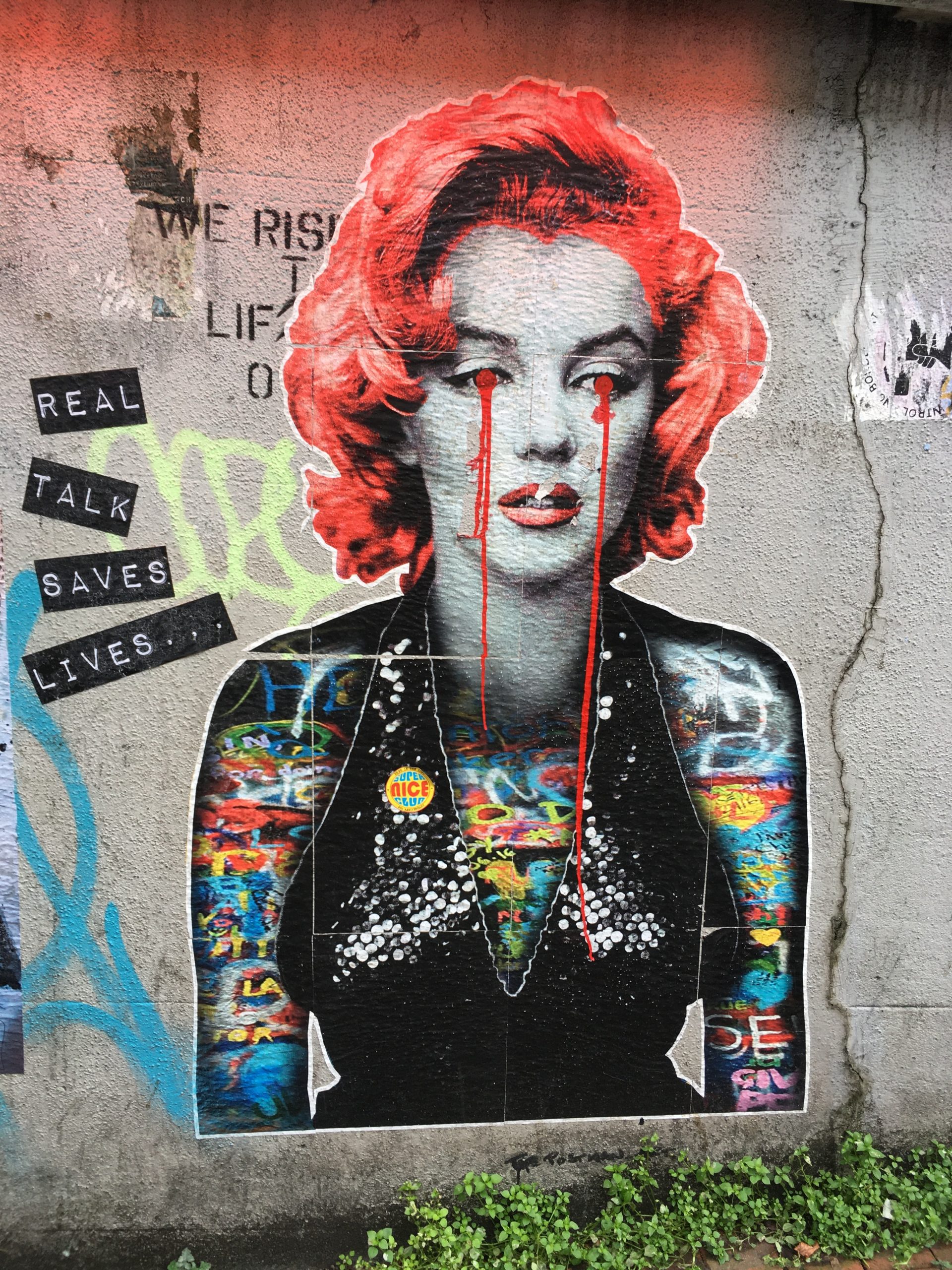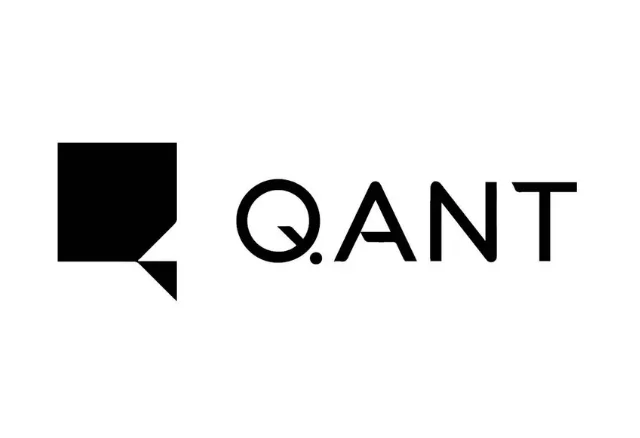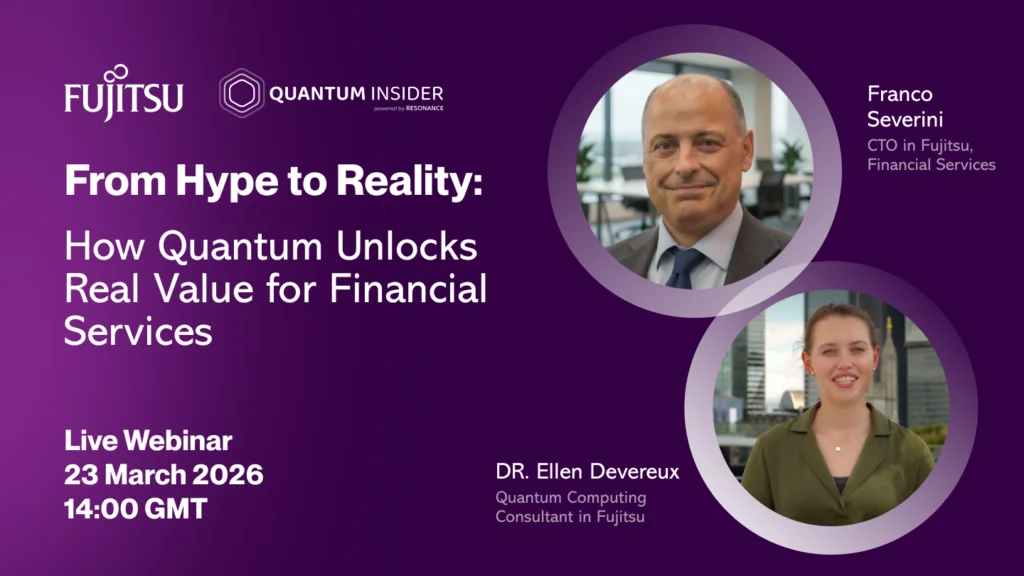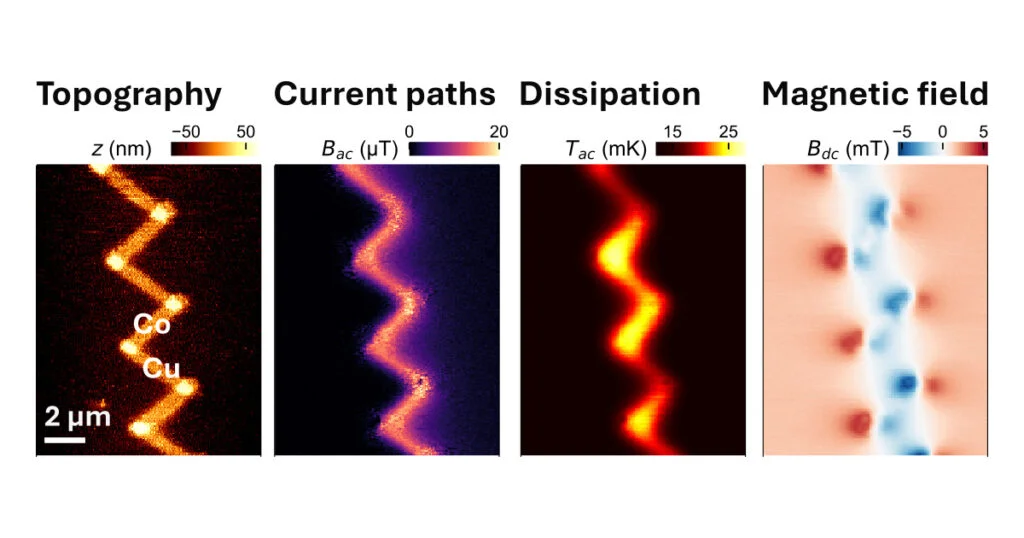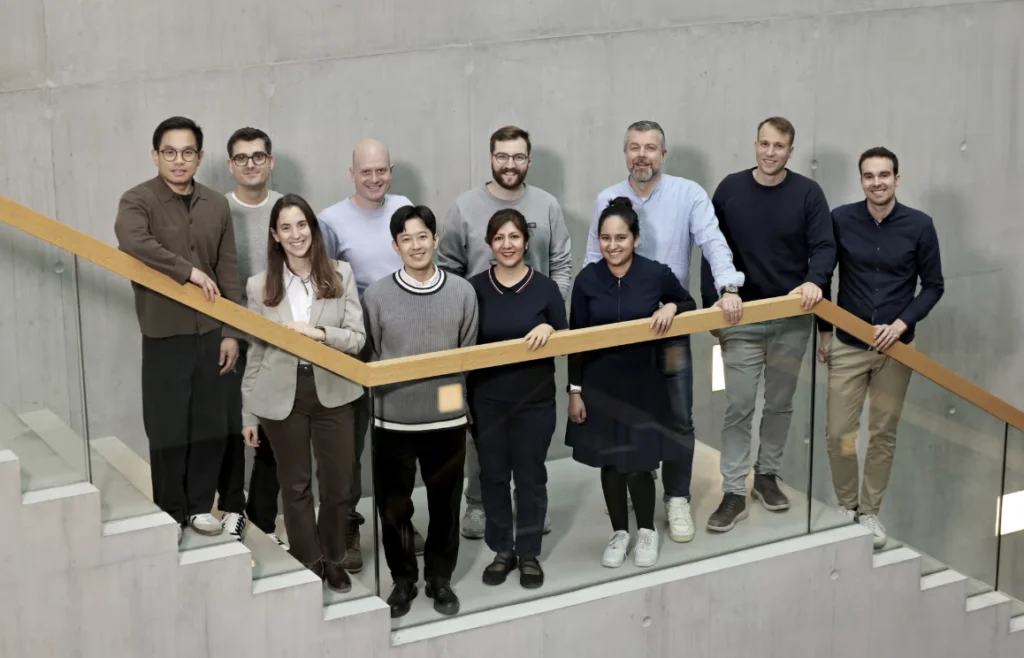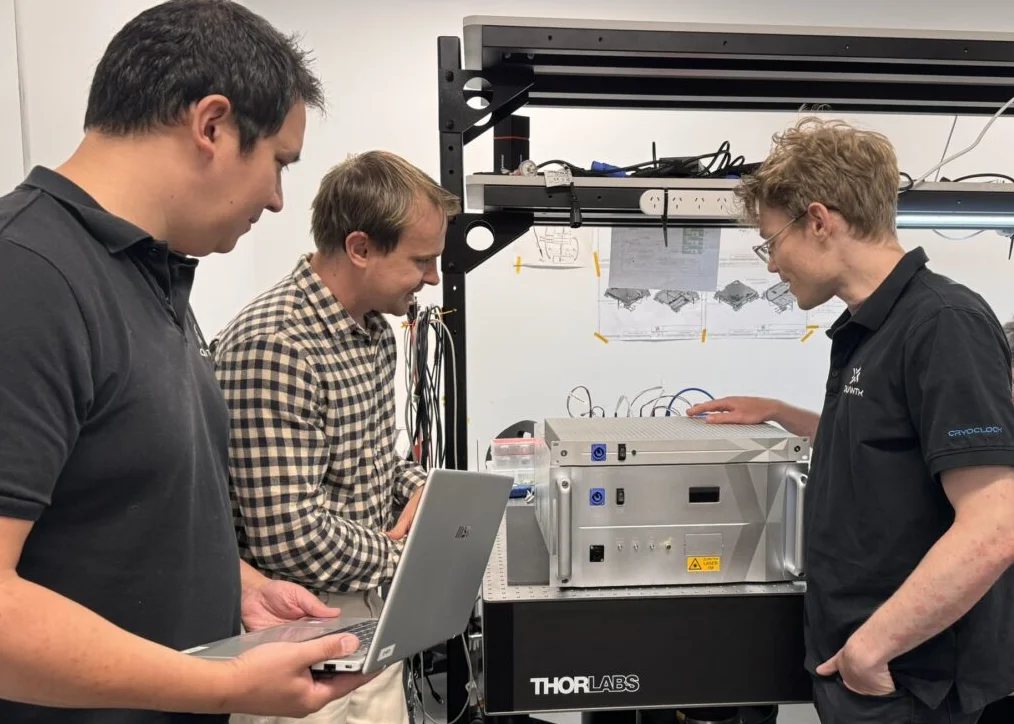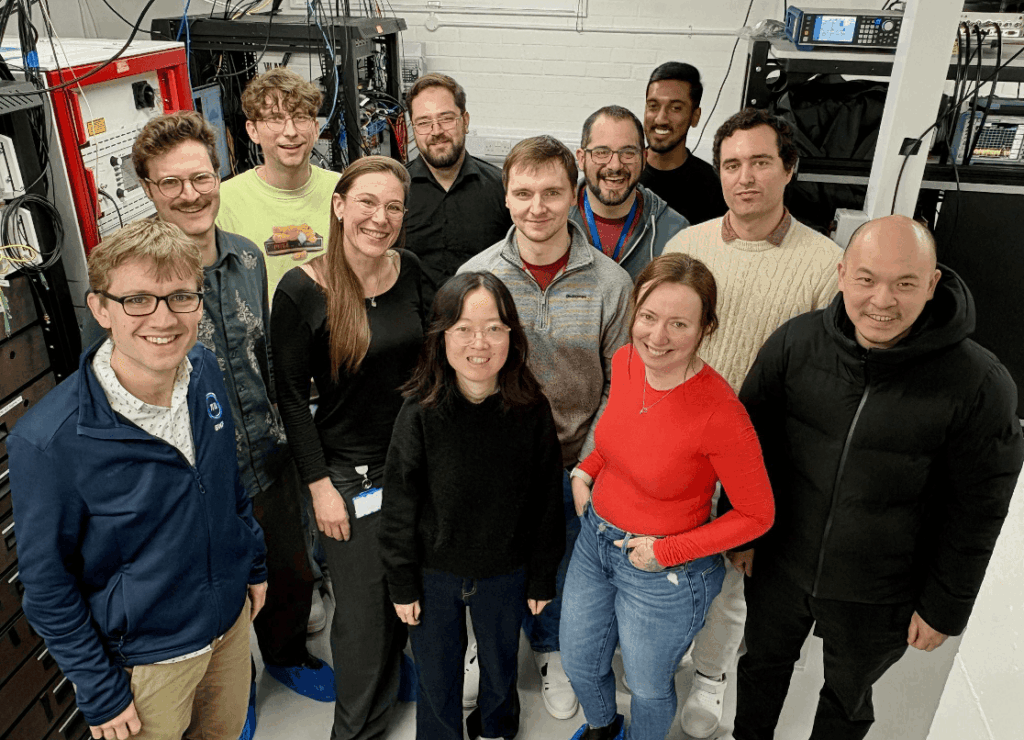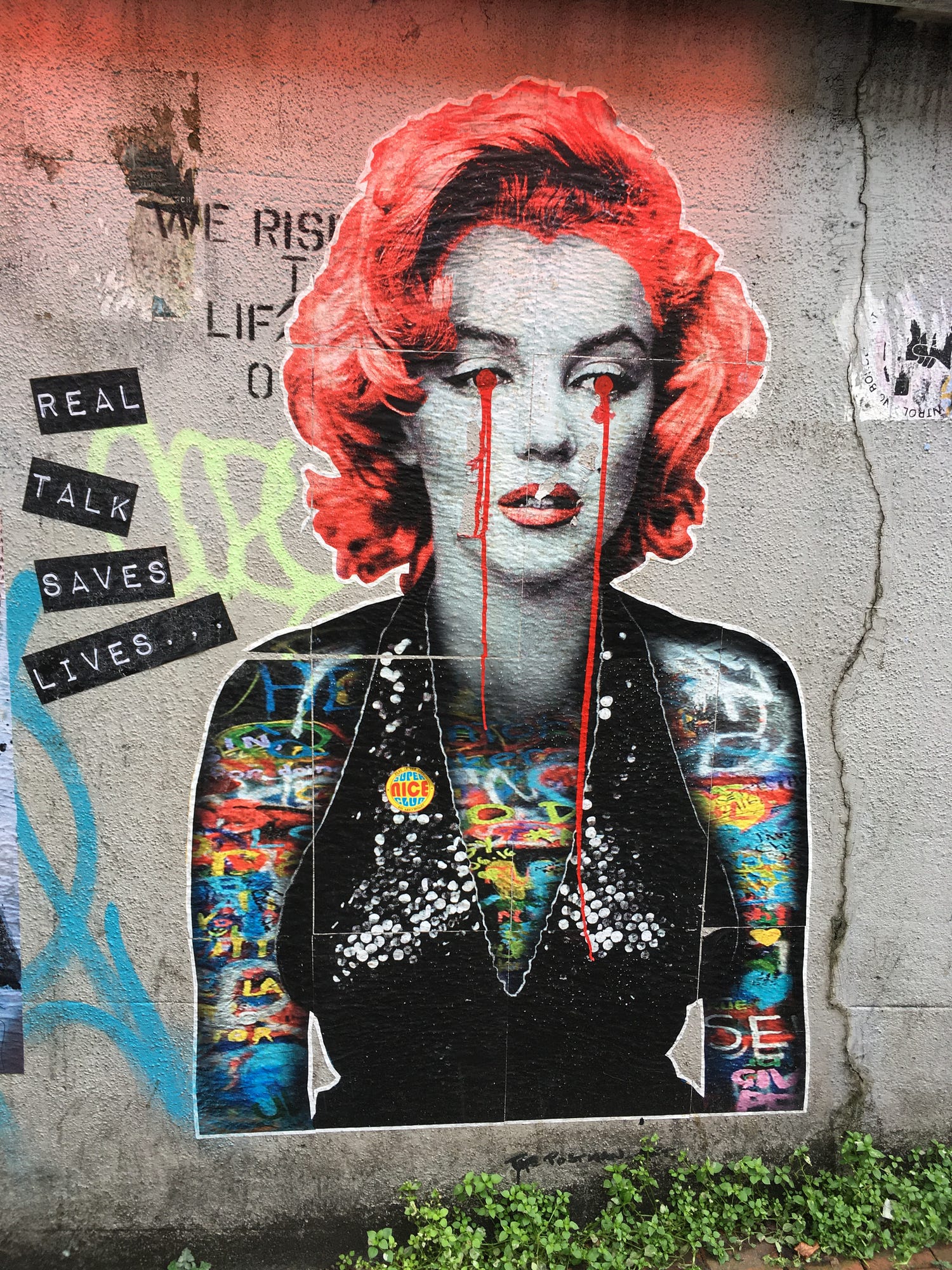
Discrimination & Ignorance
My grandfather once told me a witticism referring to his Irish immigrant experience in the UK during the 1940s before he went back to Ireland with his cap in his hand.
It goes something like this:
“When I was in London back in the day the hostels had signs ‘NO BLACKS, NO IRISH, NO DOGS’… So, if you were a black Irish sheepdog you had no chance!”
To modern ears this may seem crass, but that was his life at the time. The Irish, like the Asians, Latinos, Jews, and African-Americans have suffered from discrimination throughout history.

Discrimination and ignorance, for the most part. But, if we think about it, women have had an equally if not much harder time of it throughout history. Not just in everyday situations, but in professional life, too. None more so than in the sciences with a few outlier examples counter to this splattered here and there throughout the halls of history.
Like in other areas of hard tech, women tend to get overlooked in quantum computing (QC). In a story for TQD I covered earlier in the year, I highlighted some of the amazing women in the space, both in terms of the influence they yield and the contributions they make. Yet, in light of the sex ratio on the planet, which is near to 1:1, you would think women would have played and now play a more prominent role in the STEM fields than they actually do.
Naivete on my part, maybe, but we have to consider women’s suffrage — in the western world at least, is only a 19th-century construct. In parts of the developing world — even though many women can now vote in those places — they are still undermined as a gender.
But attitudes are changing: the Hollywood MeToo and Black Lives Matter movements, though originating from tough places, are giving to the repressed and underrepresented, finally.
For women — no matter what their socio-economic background or race — to make a greater impact on the space, they need support systems by way of organizations and educational initiatives to point them in the right direction. And they are already happening:
The Women in Quantum Development (WIQD) organization in the Netherlands, Yale University’s Women in Quantum Information Group (WIQI) and Switzerland’s Women in Quantum (WIQ) and others like them are challenging misconceptions about a woman’s place in the industry. These are all from western, developed countries.
That’s why She Quantum (SheQ) Quantum Computing For Women, an initiative based in India, is so refreshing. The idea of CEO and founder Nithyasri Srivathsan, the startup is
An eLearning platform with the objective of connecting women to Q.
She=Q
Srivathsan believes education is key, and with SheQ, by way of webinars, online workshops and ‘ultimately free’ and premium online courses for beginners, intermediates and even experts, she hopes they will empower women and promote the discipline to a wider female-specific audience. Planning to bring these services to the public from the fall of 2021, SheQ’s ‘online coursework will let women avail scholarships for the premium courses taught by leading, potential partner companies and experts from academia’. Another plan in the pipeline will be a Membership-based e-learning platform, offering ‘special concessions and scholarships for women’.
“Two things meaningfully matter to me in diverse ways — Quantum Computing and Women & I want to be instrumental in inspiring more women to take up quantum as their career path.”
– Nithyasri Srivathsan
On the side of industry and building relationships within it, Srivathsan is looking to bridge the gap between women and QC by enabling them to build up their skillset which will then allow them to ‘give back’ to the industry and community in general.
With all this said and done, what about the woman herself, the reasoning and intellect behind SheQ?
An aspiring quantum computer scientist, Srivathsan is the author of Quantum Computing An [Unconventional Beginners’] Book (2020) and computer programmer in Python, Java, C, C++, SQL, HTML, and XML. With a BA in computer science engineering from SRM University, Chennai, Tamil Nadu, Srivathsan life’s ambition is to lead research in the field of quantum, maybe go into academia and ‘inspire young girls to take up research in this field’.
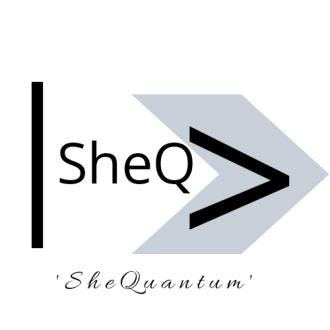
The Indian subcontinent is full of hungry, educated people in the STEM subjects, though most of them, unfortunately, are still of the male persuasion. Women like Srivathsan, via SheQ, can make the change. TQD feels SheQ’s approach can be used as an outreach to the female global community of women with a passion for QC, agnostic to race or financial situation.
SheQ and Srivathsan are striving to make education in quantum information science de rigueur. Only women’s knowledge and engagement in the project will see it get off the ground.
TQD keeps our fingers crossed.
If you found this article to be informative, you can explore more current quantum news here, exclusives, interviews, and podcasts.

